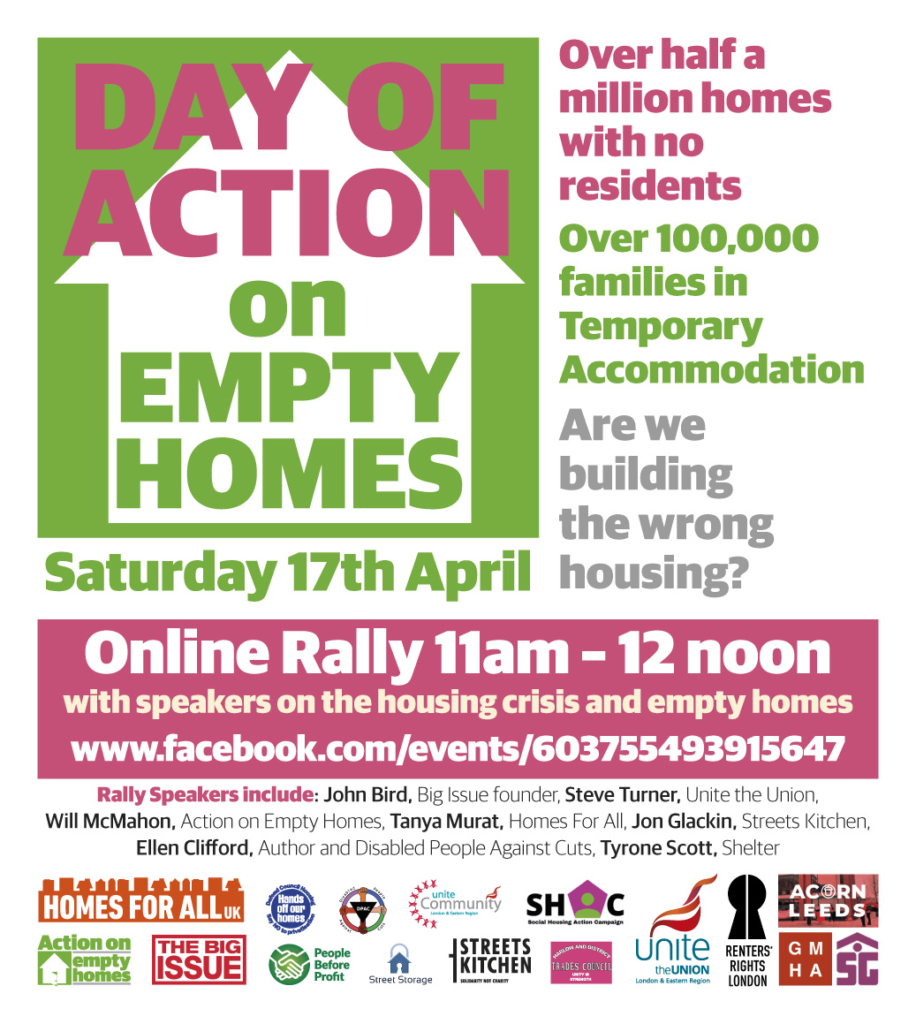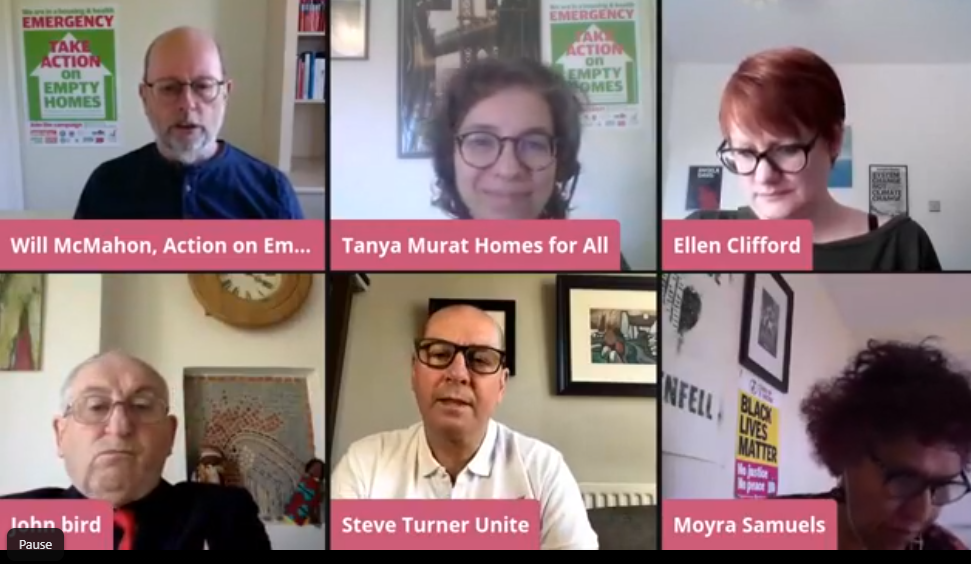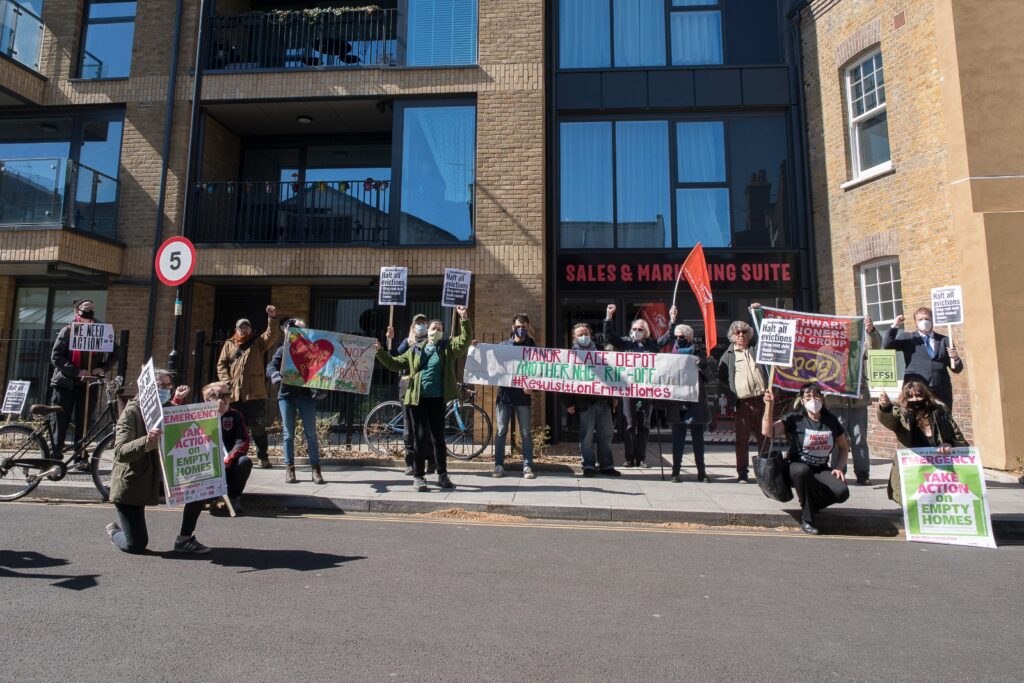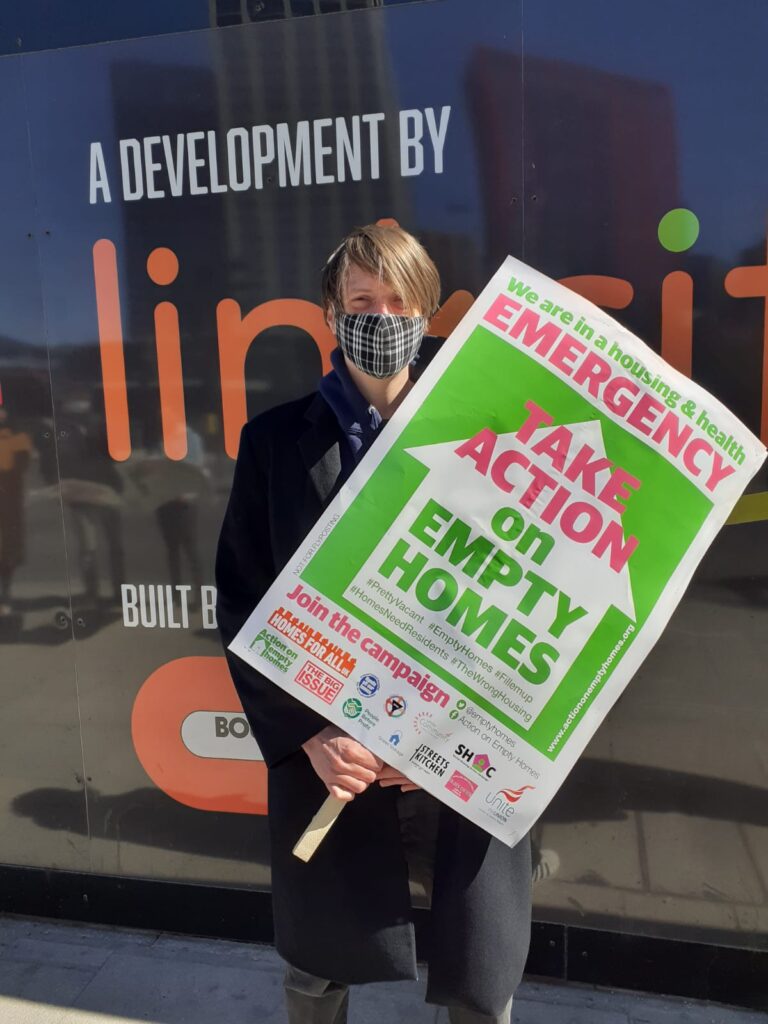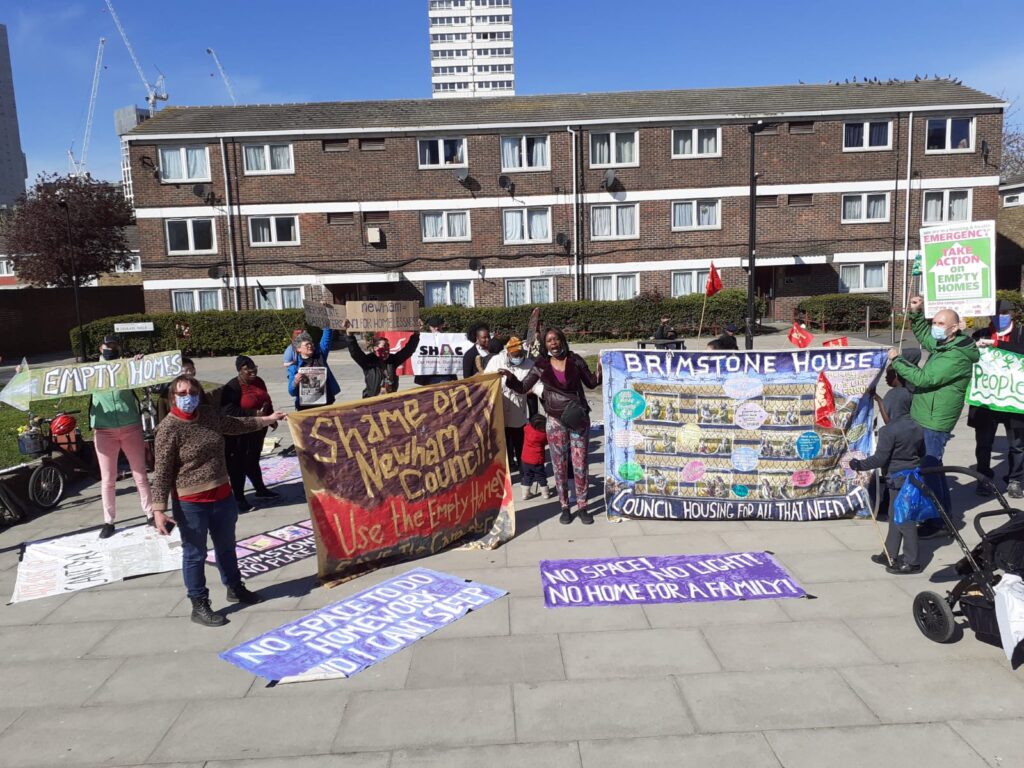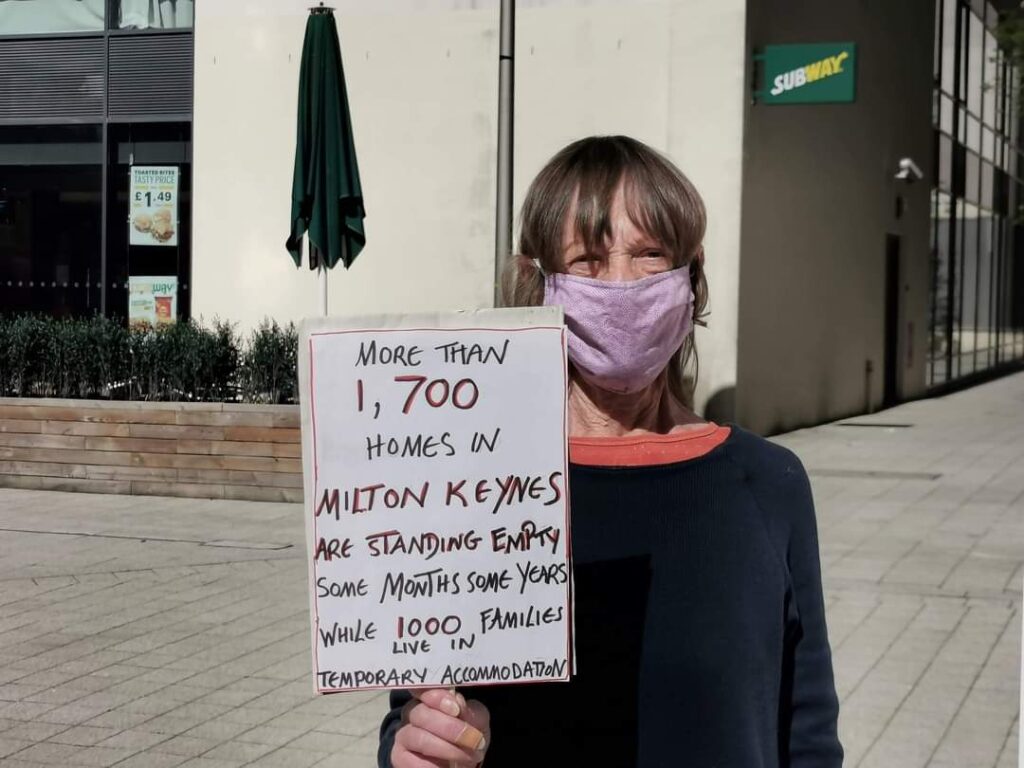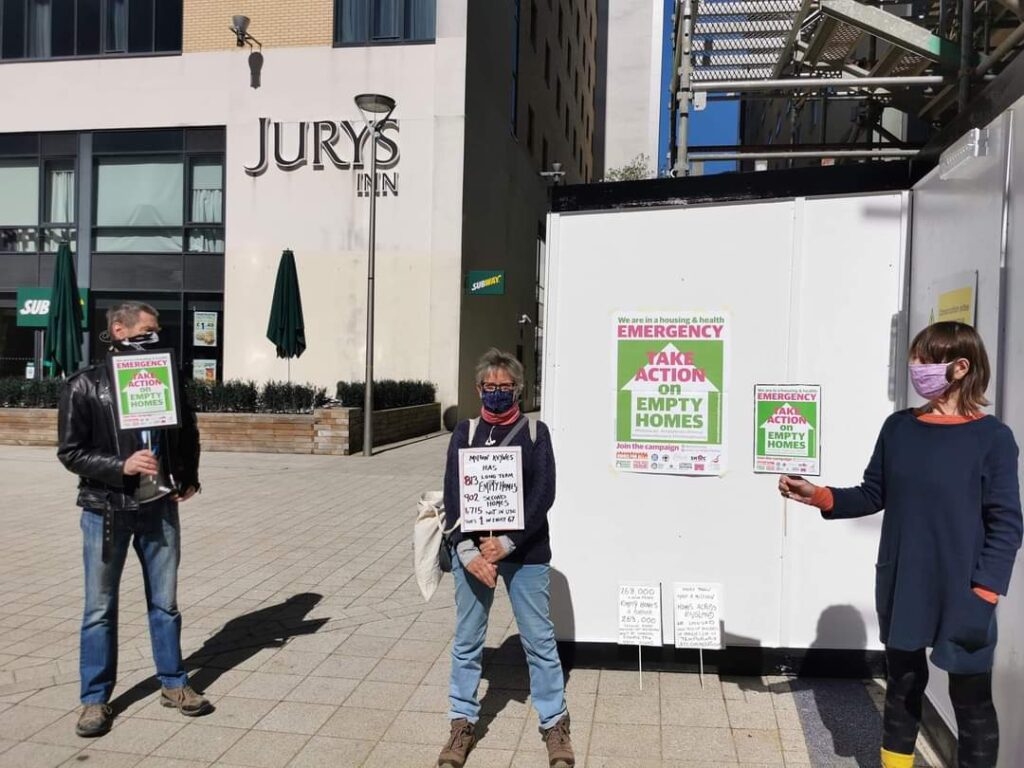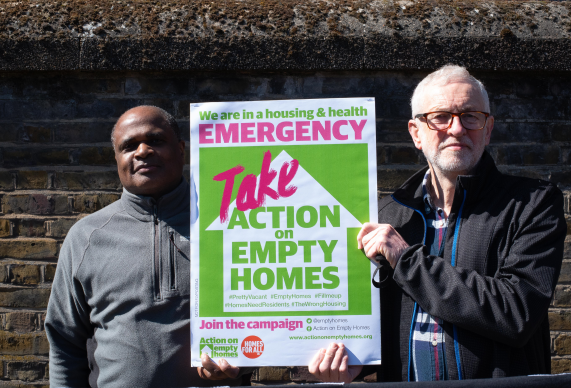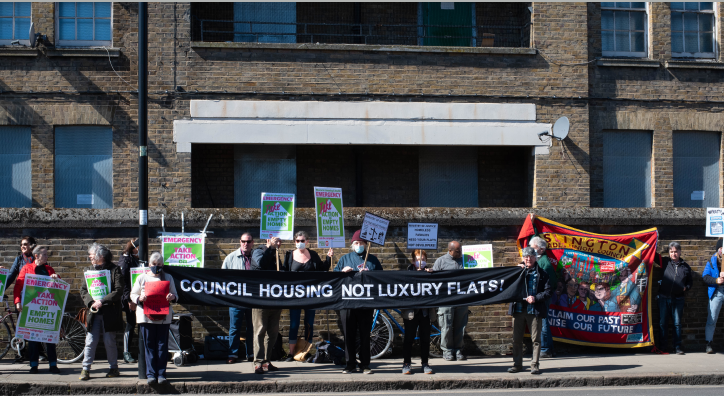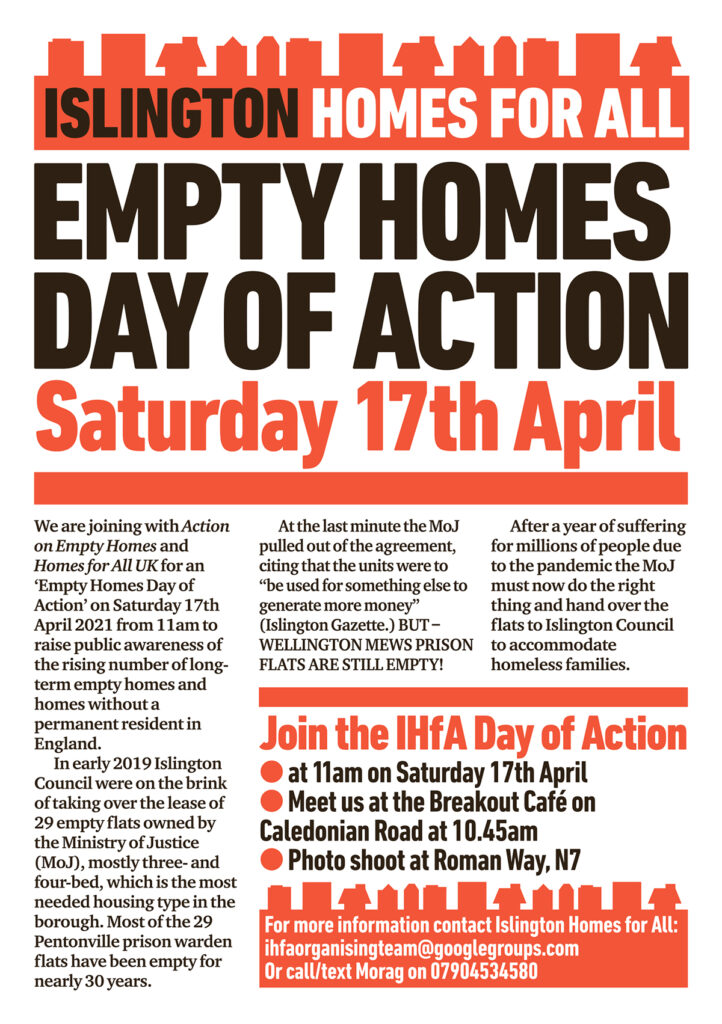MPs and charities fear a wave of homelessness when landlords can once again legally force out tenants in debt
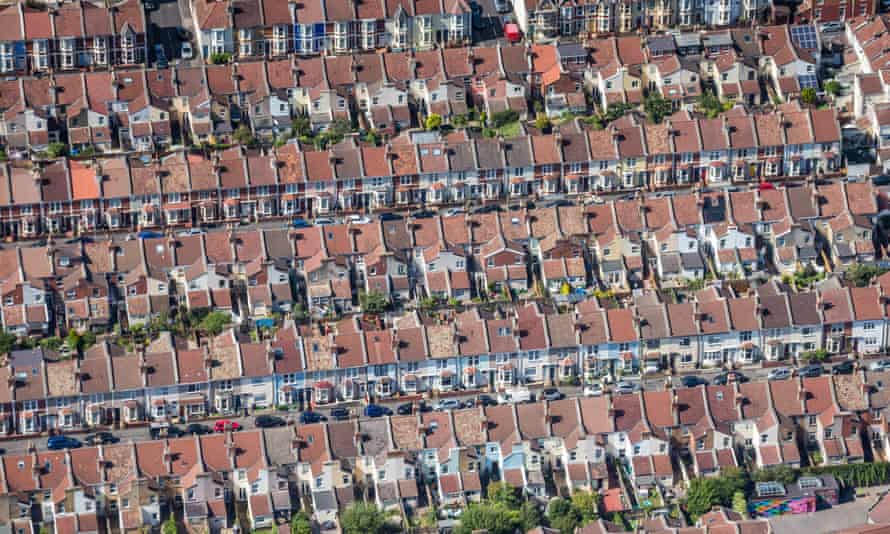
Clare Austin* and family live in a privately rented house in Hertfordshire. She and her husband could afford the monthly rent of £1,700 when they were both working but when he lost his job a couple of years ago, they fell behind with their payments. He got another job and things were almost back on track when Covid hit and both were furloughed.
“We can’t claim anything as we’re furloughed, but my husband is a salesman and only getting 80% of his basic pay,” said Austin, who works for a travel company. “My biggest concern is the rent arrears.”
The couple owe their landlord more than £3,000. Despite the ban on evictions until the end of May, he has been threatening to ask them to leave. “We’re robbing Peter to pay Paul,” Austin said. “The gas and electric company agreed to reduce our payments, and we’ve cut back on food … luckily all the other companies were willing to reduce things, so we can make a little top-up to our rent.”
The family’s situation is far from unusual. Thousands of tenants are behind with rent – many struggling for the first time – and charities and other organisations have warned of a timebomb that will go off when the eviction ban ends.
A recent report by the House of Commons housing, communities and local government committee said the issue had been “a looming cliff edge for the duration of the pandemic”. The MPs said: “We are very concerned that the government is waiting until there is a clear crisis before intervening, rather than … taking proactive action to protect people.”
Citizens Advice found that in January, half a million private-sector renters were behind with rent, with an average debt of £730, and that 58% of them had no previous rent arrears.
Debt charity StepChange reports a similar number of struggling tenants, and estimates that 150,000 are at risk of eviction. It says £370m of arrears has been built up as a result of Covid, with some tenants managing to keep up by borrowing or cutting back elsewhere, as Austin’s family has done.
For those on the frontline of debt advice, rent arrears is the biggest problem faced by those seeking help. They are typically in insecure jobs, often on zero-hours contracts, and in industries that have suffered disproportionately over the past year.
The ban on evictions has been extended several times since it was introduced in the early days of the pandemic, but the latest extension is due to end on 31 May. The ban stops landlords in England from sending in bailiffs to evict tenants, and obliges them to give six months’ notice of court action.
However, between October and December last year, more than 2,000 possession orders were made, and could be acted on after the deadline. There are also exceptions to the six-months’ notice rule: for tenants who are more than six months behind with their rent and for those being evicted because of antisocial behaviour.
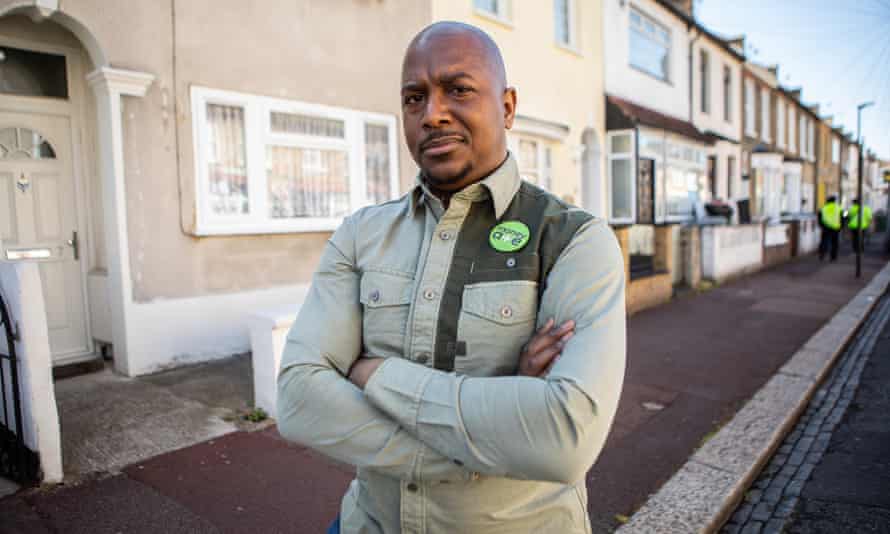
Jerry During, co-founder of Money A+E, which gives advice in the London borough of Newham, says more than half of his clients have housing issues: “We’re seeing lots of people on furlough, [or] who have lost their jobs, with huge rent arrears. They were in the hundreds of pounds; now they’re in the thousands. As soon as the pause is lifted, we’re going to see a homelessness issue, and we’re going to see people taken to court.”
Those seeking advice include social tenants as well as private. A person in a shared ownership property recently sought help with arrears of £3,500 each to their housing association and their mortgage lender. Another client owes £10,500 in rent to a housing association.
Social housing tenant Georgina Samuels* is a music teacher who works across several east London schools and has struggled in the past with irregular and late payments. Cash has not always arrived in time to pay her housing association rent.
When the first lockdown hit last year and schools closed, she suddenly found herself without work.
During the pandemic, not all parents have been happy to have visiting teachers, even when permitted. After-school clubs she ran were also cancelled, so her income is down. Her rent arrears had grown to £4,709 before she was referred to Money A+E.
“After court, I was told that if I didn’t make the agreed payments they were looking to evict me. At the moment, because of the pandemic, they have been a bit more lenient,” Samuels said. As well as the rent, she is behind on other bills, and is considering trying to find another job. Her teenage children share a room, and she wants to move to a bigger home, but says the housing association has indicated that this is not possible until her arrears are down to £1,000. She has not told her children why they are stuck in a home that is so small. “I don’t want them to know that I’m in arrears – I don’t want them to think that this is normal, that this is how things are.”
StepChange is waiting for the government to announce how it plans to taper protection for renters as the suspension of evictions comes to an end, but said this would not be enough to plug the arrears that had already built up.
Richard Lane of StepChange said: “Last year, the housing secretary said no one should lose their home because of the pandemic, but this is a real prospect for hundreds of thousands of people, more than half of whom were never in arrears before. With the expiry of the eviction suspension just weeks away, now is the time to find decisive solutions, or face a crisis of housing insecurity, problem debt, homelessness and eviction.”
The housing committee report recommended extra funding for local authorities to make discretionary payments to those in arrears, in a package that will cost between £200m and £300m. “Given the number of potential evictions this would prevent,” it said, “it would probably save the exchequer a substantial amount in homelessness assistance.”
The figure also pales in comparison with the cost of other measures taken to support housing – Treasury figures suggest that extending the stamp duty holiday in England to the end of September will cost £1.3bn.
Polly Neate, chief executive of housing charity Shelter, said: “If the government doesn’t act, the system will collapse under the weight of a growing evictions crisis after the final bailiff ban lifts. The government’s ambition to end homelessness will be totally undermined if more people lose their homes in the year ahead. It must step in to help renters clear their Covid rent debts – before it’s too late.”
A spokesperson for the Ministry ofHousing, Communities and Local Government said measures to help renters include £140m for councils to distribute in 2021-22 and an increase in local housing allowance last year.
“We’ve put people at the heart of our decision making, with an unprecedented £352bn package keeping millions in work and temporarily bolstering the welfare safety net for those most in need,” they said. “Robust protections are still in place for renters, including longer notice periods and banning bailiff enforcement of evictions for all but the most serious cases until 31 May. Councils can also provide support through the discretionary housing scheme.
“We are considering the best way to move on from these emergency measures and will set out further details in due course.”
Austin said if she were given a grant, it “would go straight towards my arrears, and give us a breakthrough”.
